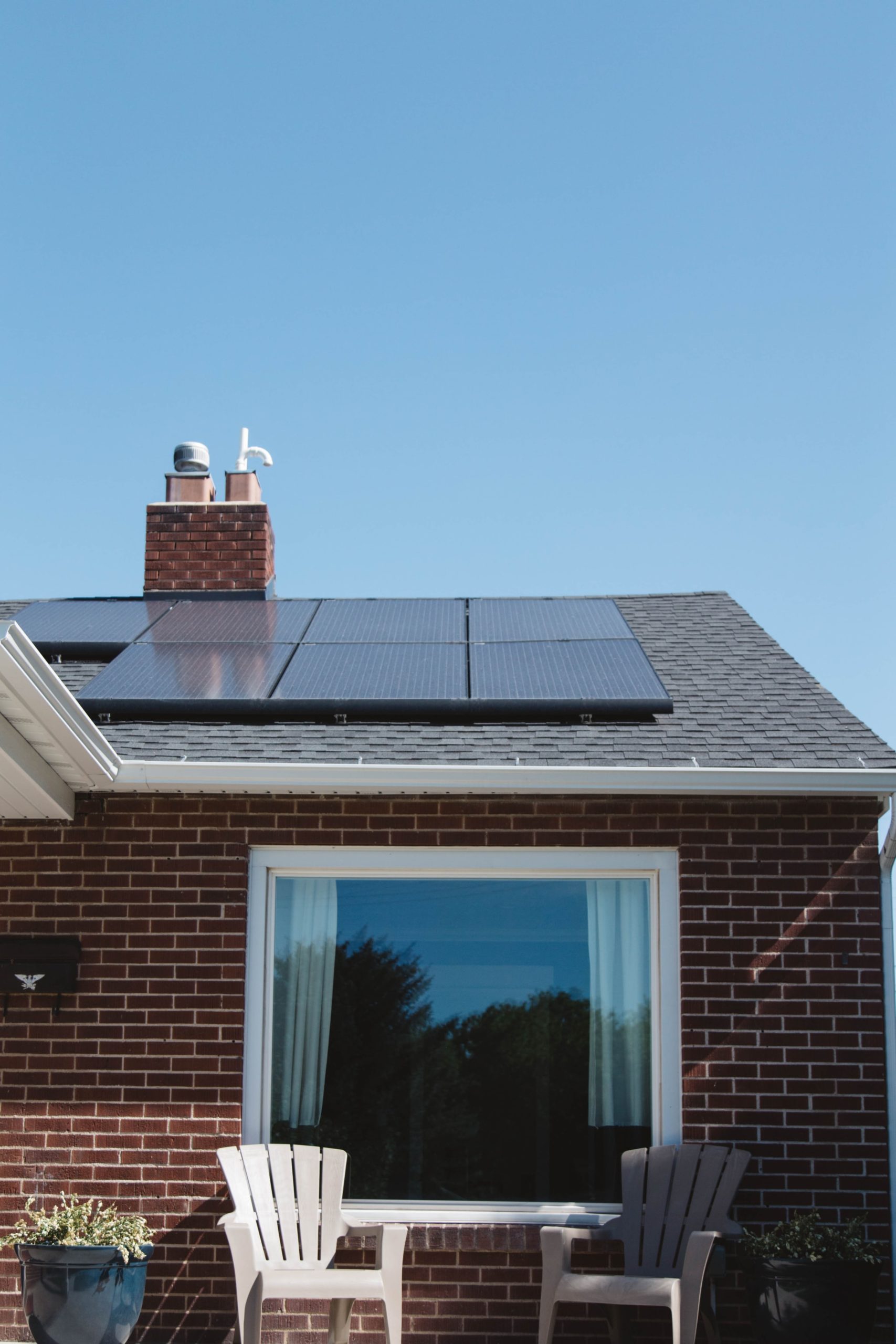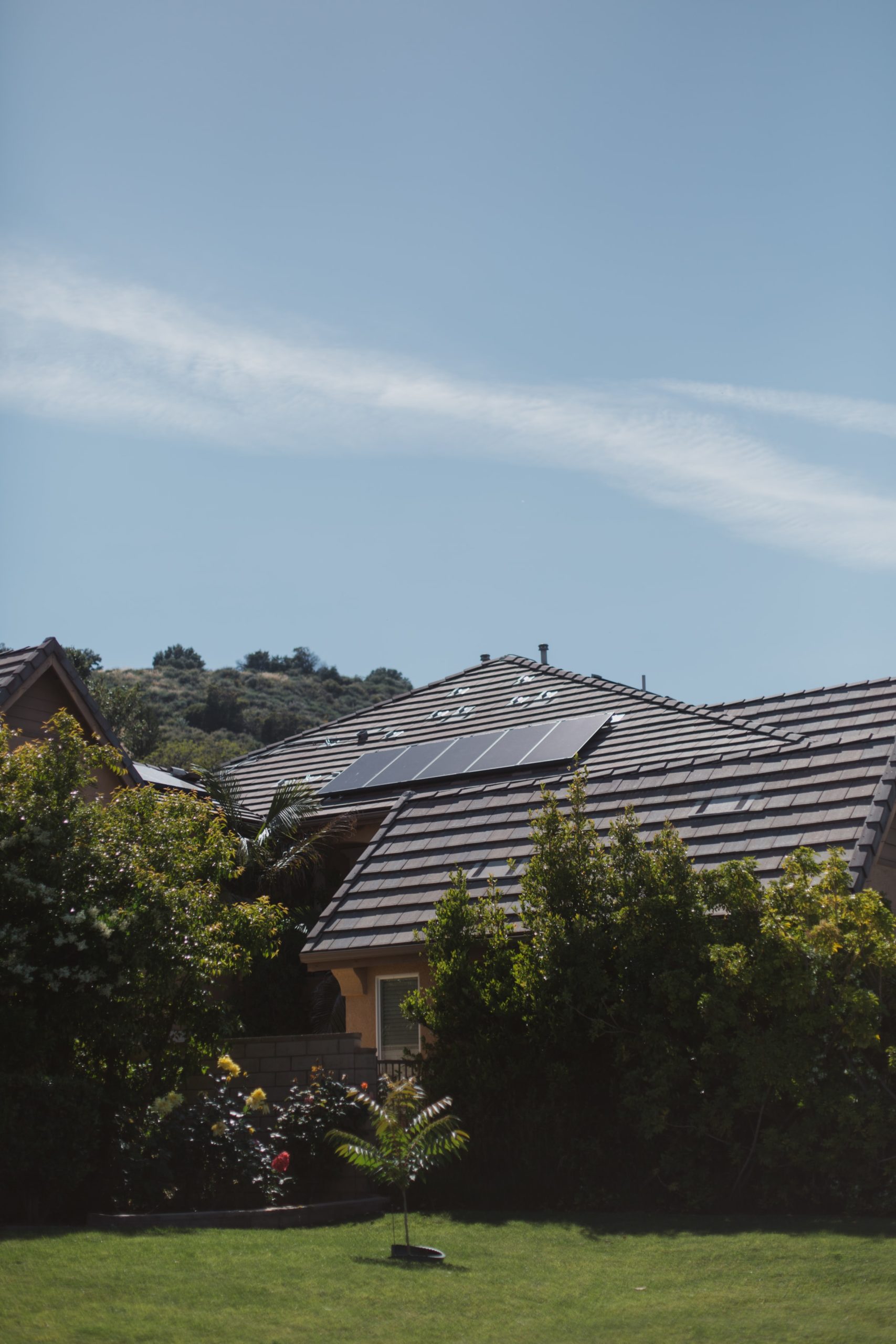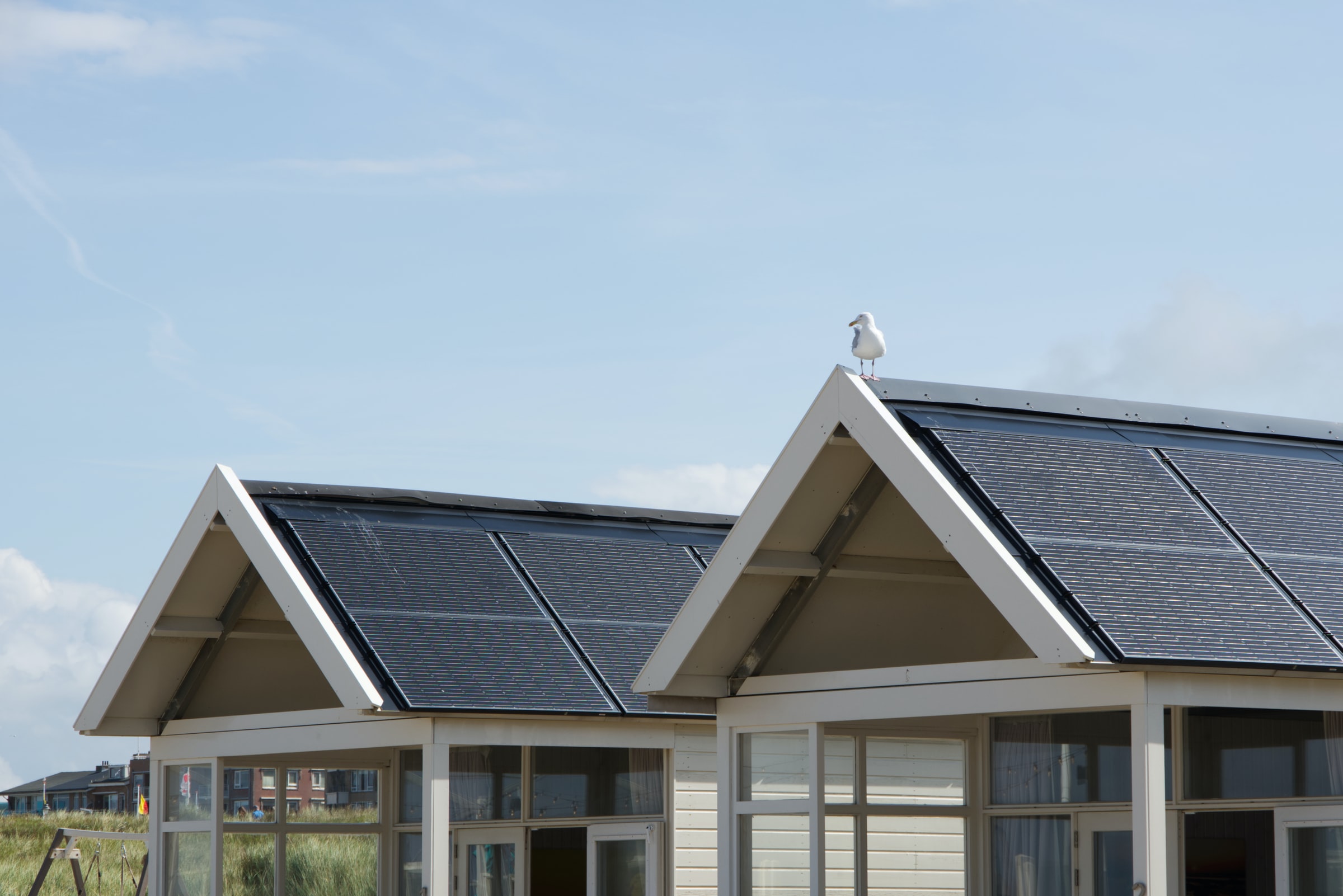Although beneficial, installing hybrid solar panels is an investment that requires high expenses. Fortunately, the State supports your initiative by providing you with very interesting financial incentives and assistance. Thus, they will allow you to carry out your energy project to benefit from the privileged advantages of solar energy. However, the universe of these aids is not easy to understand, especially for a novice. So, without further ado, let’s dive into this blog and learn some of the things you need to know about solar panels.
The premium for photovoltaic self-consumption

Photovoltaic self-consumption is the fact of producing and consuming yourself electricity from solar energy. Therefore, it is necessary to install panels on the roof. This method allows the exploitation of a green, non-polluting, and especially abundant energy.
Naturally, this type of installation can benefit from a premium. This is spread over five years in order to amortize your investment. Moreover, its amount is degressive and fluctuates according to the power of the ecological installation. It is estimated as follows:
-
- 390$/kWp when the power is below 3 kWp
-
- 290$/kWp when the power is between 3 and 9 kWp
-
- 190$/kWp when the power is between 9 and 36 kWp
-
- 90$/kWp when it is between 36 and 100 kWp.
Indeed, this type of work requires the intervention of a solar specialist. This professional will make sure that the equipment is in conformity and working properly. This is a criterion that improves your chances of obtaining this aid.
Solar renovation premium
The financial aid is open to owners and lessors, regardless of their income. It is a faster and more accessible aid to households. It covers all work done for the energy renovation of housing. Indeed, several operations can be subsidized by this premium. In addition to the installation of solar panels, there is also the installation of heating and water supply equipment using solar thermal energy.
This diversity makes the offer even more advantageous. The amount of the energy transition premium is set according to the level of household income. These are classified into very low-income households, low-income households, and intermediate households. The lower the household income, the higher the premium.
Incentive (energy saving certificates)
The objective of this bonus is to encourage companies, condominiums, or individuals to improve the energy performance of their buildings. If their projects abound in this direction, they can benefit from a financial boost, isn’t it? To this end, there are several grants for solar panels for residential use.
This is the case, for example, for individual solar water heaters or energy systems with photovoltaic and thermal water circulation panels. How is the amount of this bonus determined? It all depends on the energy savings generated by your project or new installation, measured precisely. The climatic zone of your residence is also taken into account.
The reduction of the vat

In practice, installing photovoltaic panels can reduce the VAT rate applied to you. This bonus is quite useful, but it requires meeting certain specific criteria. For example:
-
- Your home must have been completed for at least two years;
-
- All the work must be carried out by a service provider to whom you will have given a certificate of compliance with the conditions for the application of the reduced rate of VAT.
Once these conditions are met, you can benefit from the reduced VAT rate. Thus, solar installations below 3 kWp are subject to a rate of 10%. In contrast, installations above this power are taxed at a rate of 20%.
Sound off in the comments section below, and tell us what you want to read next and if you want to read more about solar panels.
